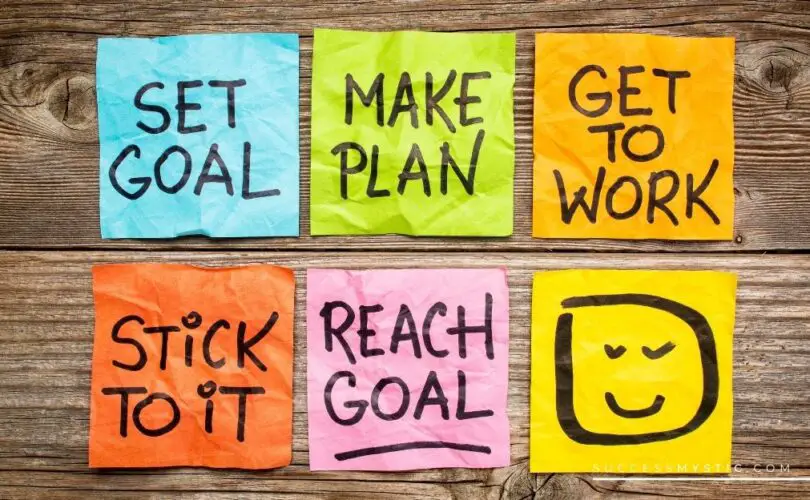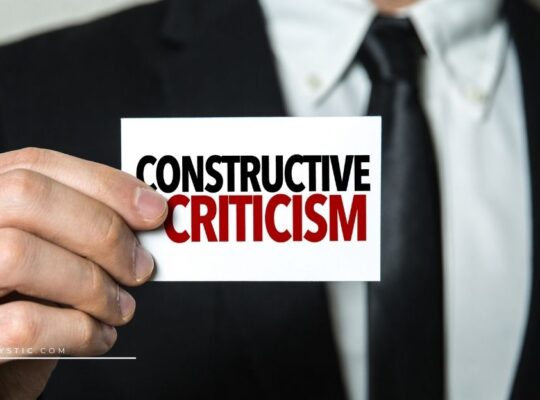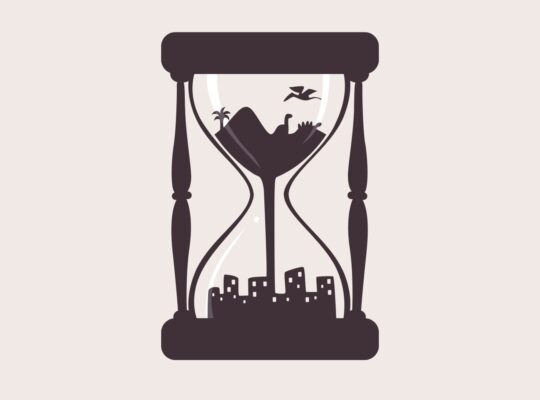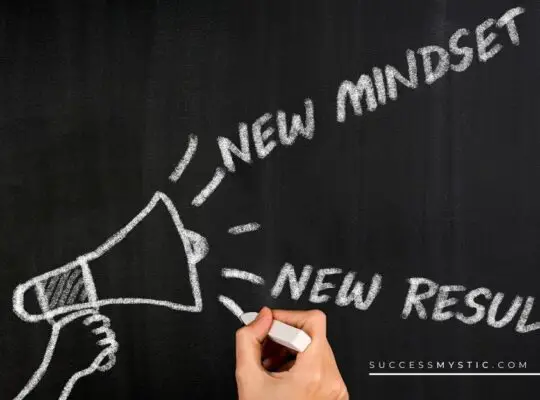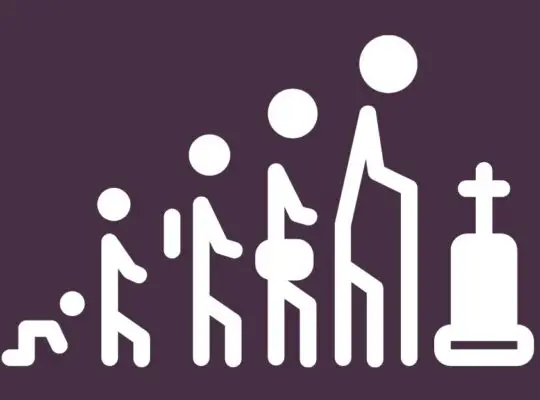So, you are ready to make a commitment to improving yourself and bettering your life?
That’s great!!
The desire to learn and grow is the first step toward self-actualization. But the path to realizing those dreams is filled with many obstacles, and without the right preparation and motivation, it can be hard to get from wanting to change to actually doing it. How do you ensure success when it comes to personal growth?
The answer lies in your ability to set the right kinds of goals for yourself. As with all things in life, the path to reaching a goal is easier to travel when you know where you are going, why you are headed there, and what you need to bring with you to prepare for the journey.
Learning to set intentional goals is the first step to realizing your personal development goals, and once you do, you can use those well-constructed aims to help construct the right plan that will help you to be successful.
This guide explores the various reasons you may want to improve yourself, how to identify precisely what it is you want to achieve, how to structure your goals to make them more attainable, and how to construct an action plan based on what you are trying to achieve. We even offer some extra hints and tips for turning your dreams into reality.
The Basics of Personal Growth and Development
What exactly do we mean by personal growth? Well, your personality and who you are as a person encompasses everything that you do, believe, value, and wish for.
Exploring personal growth simply means finding ways to improve yourself in ways that are meaningful to you by addressing your actions, beliefs, goals, and traits. The purpose of personal growth is to become a better version of yourself, to realize your full potential, and to achieve more wellness in the many areas of your life that influence well-being.
Personal growth can focus on more than one of the aspects of wellness, including physical, mental, emotional, or spiritual health or the factors that affect your health and success, including education, financial security, your social circle, your job, and much more.
As your needs and goals shift throughout your life, your efforts at personal growth will need to change, as well, which means that the process of personal development is ongoing and lifelong.
Just wanting to be a better person or improve yourself is not enough, though. If you want to profoundly change your actions or beliefs, you must set intentional goals for yourself, then work consistently toward achieving those through everyday changes and activities that bring you closer to your intended target.
Starting with a process of self-reflection and assessment is helpful in knowing yourself and understanding your strengths, and from there you can work toward maximizing your potential and realizing your life’s dreams.
The goals that can be included under the broad category of personal growth and development vary widely. They can consist of ways to improve your self-awareness, improving your knowledge and skills, boosting your creativity, developing specific personality traits, getting rid of unhealthy habits, improving your sense of self, focusing on your relationships with other people, or improving your vocational success.
Those activities you engage in throughout your life that bring you joy, help you grow, and enable you to lead a richer, fuller life can help you grow and achieve your personal development goals. Anything that helps you be a better you and brings you closer to your dreams falls into the category.
How to Know What You Want to Achieve
Before you do anything else, it is essential to know what it is you are trying to achieve. Without a clear target, your personal growth may wander and meander without accomplishing much.
Taking some time for self-reflection and looking carefully at your values and needs will be crucial to helping you decide what you need and want as well as how best to accomplish these critical aims.
A personal evaluation process can take some time and may require you to get feedback from others as well as spending time reflecting on what has and has not worked in your life up until this point.
Your Assessment
Writing your thoughts in a journal enables you to go back and look at your answers later and look for patterns or themes that may be significant.
Begin this process by looking thoughtfully and honestly about the last year of your life. You can look back farther later but limiting yourself to the previous year is a good starting place that is well-grounded in who you are right now.
- What have you learned in the last twelve months?
- What are you most grateful for today?
- What are some of the most significantaccomplishments of this year, and what strengths you have helped you realize these goals?
Next, looking at the things you enjoy the most and do well.
- What makes you happy?
- What are the activities in your life that fulfill you or bring you pleasure in doing?
- Look at your strengths, those things that come easily to you in life, and the areas in which your life feels easy or successful.
These are good starting points and the things upon which you will want to build later.
If you are trying to determine a direction for your life, it is good to consider what you might choose to do if there were no limitations or if resources were not a factor.
This gives you an idea of where your true desires lie and can help you find a direction that is more approachable for you.
Look carefully at the moments in your life that also brought you the most pain, when you experienced devastating setbacks, or when you were most disappointed.
These point to goals that were important but perhaps methods, skills, or knowledge that were not aligned. These might be avenues to try again, now that you have more understanding of yourself and your capabilities.
To be a well-rounded person, it is essential to look at all the various aspects of your life, including your physical health, your mental, emotional, and spiritual well-being, and the status of your job, relationships, finances, skillset, environment, and anything else that plays a crucial role in your happiness.
Neglecting one aspect of these can cause you to feel out of balance and in need of a change.
Your self-evaluation should also consider the resources you have at your disposal to help you reach your goals.
- What people in your life will be most helpful to realizing your personal growth objectives?
- Do you have mentors or people you can go to for advice?
Looking at what is not working in your current reality is also important.

